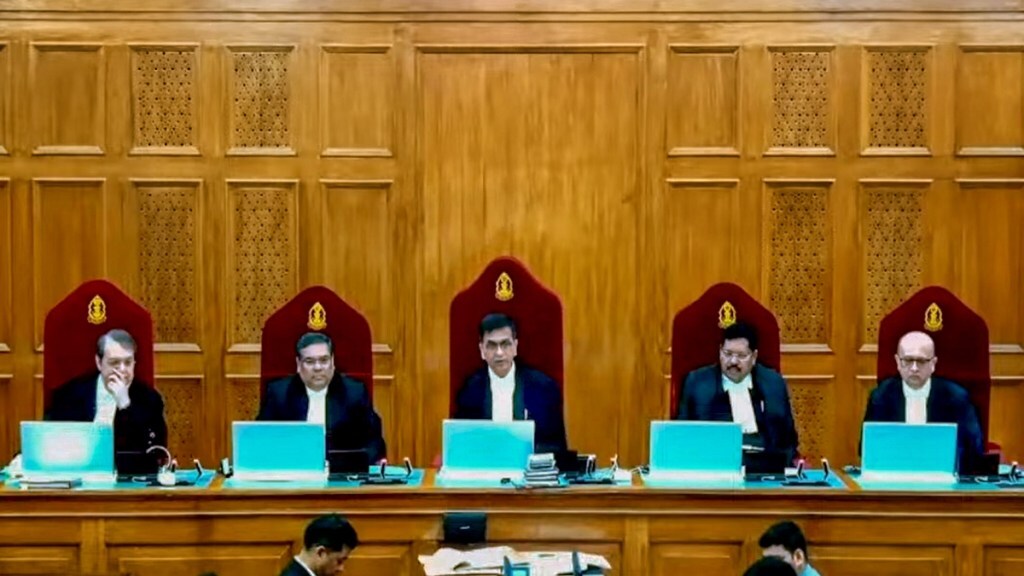The Supreme Court struck down the electoral bonds scheme, which was first announced by the BJP government in 2017, calling it “unconstitutional”. The decision comes ahead of the Lok Sabha elections that are scheduled in April-May this year.
A five-judge Constitution bench headed by Chief Justice D Y Chandrachud delivered two separate but unanimous verdicts on pleas challenging the scheme. Pronouncing the verdict, the CJI said the scheme is violative of freedom of speech and expression under Article 19(1)(a) of the Constitution.
Here are the key takeaways from the Electoral Bonds Scheme verdict:
-The Electoral Bonds Scheme violates the right to information. It can lead to quid pro quo. “Electoral Bonds Scheme, proviso to Section 29(1)(c) as amended by Section 139 of Income Tax Act and Section 13(b) as amended by Finance Act 2017 is violative of Article 19(1)(a),” it said.
-Curbing black money and ensuring anonymity of donors can’t be grounds to defend the scheme or the need for transparency in political funding.
-The State Bank of India, which is the only authorised bank to issue electoral bonds, has been asked to immediately stop issuing it.
-The SBI has also been directed to issue details of the political parties that have received the bonds and all other particulars that have been received to the Election Commission of India by March 6.
– The ECI has been asked to publish it on its official website by March 13.
-Political parties are asked to refund the electoral bonds amount to the purchaser’s account.


